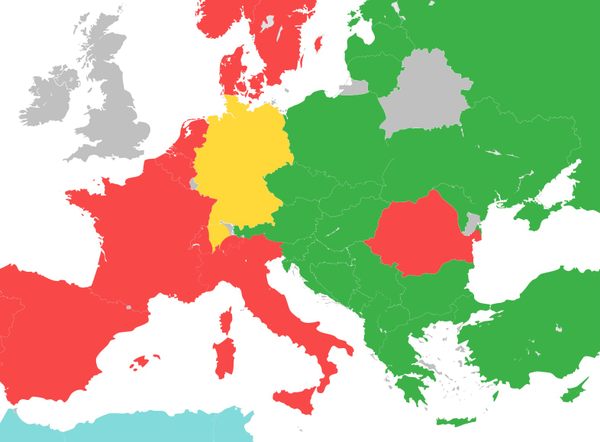The U.S. Thinks It’s Harder to Learn Polish or Greek Than Swahili or Malay

🌈 Abstract
The article discusses the difficulty levels of various languages for English speakers, as determined by the U.S. Foreign Service Institute (FSI). It provides insights into the categorization of European languages based on the time required to achieve proficiency, and also covers non-European languages. The article highlights the advantages of learning a second language beyond just English.
🙋 Q&A
[01] The Difficulty Levels of Languages
1. What are the four difficulty categories used by the FSI to classify languages?
- Category I: Languages that take 24-30 weeks for English speakers to achieve proficiency, including Germanic and Romance languages.
- Category II: Languages that take around 36 weeks to master, such as German.
- Category III: Languages that take about 44 weeks to learn, including Slavic, Baltic, Greek, Albanian, Turkish, and Icelandic.
- Category IV: The most difficult languages, requiring at least 88 weeks of study, such as Arabic, Cantonese, Mandarin, Korean, and Japanese.
2. Why is German considered more difficult than Dutch or Romanian, despite its similarities to English? German grammar is significantly more complex than Dutch or Romanian, with gendered nouns, complex cases, and challenging verb conjugations.
3. What are some examples of non-European "Category III" and "Category IV" languages? Examples of non-European "Category III" languages include Hebrew, Hindi, Mongolian, Thai, Vietnamese, and Burmese. The only other "Category IV" languages besides Arabic are Cantonese, Mandarin, Korean, and Japanese.
[02] The Benefits of Learning a Second Language
1. Why would an English speaker, even a diplomat, learn another language?
- Speaking the local language can open doors and earn goodwill, even in places where English is widely spoken.
- Being monolingual can be a disadvantage, as non-native English speakers may be more proficient in using English as a lingua franca and detecting subtleties of language variation.
- Learning another language exercises the brain and provides insight into another culture.
2. What quote is attributed to Emperor Charles V regarding the benefits of multilingualism? "As many languages you speak, so many times are you human." The original Latin quote is "Quot linguas calles, tot homines vales."